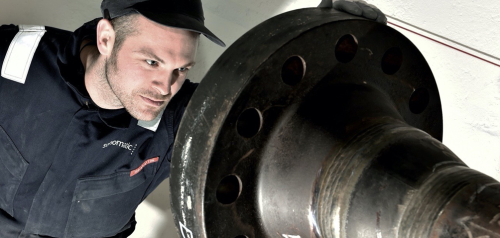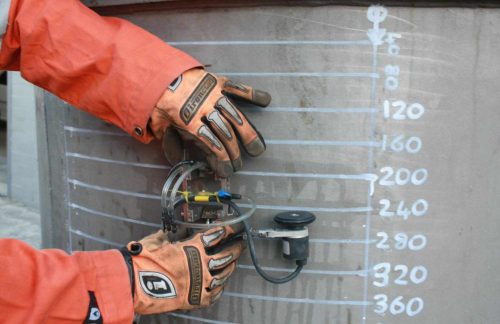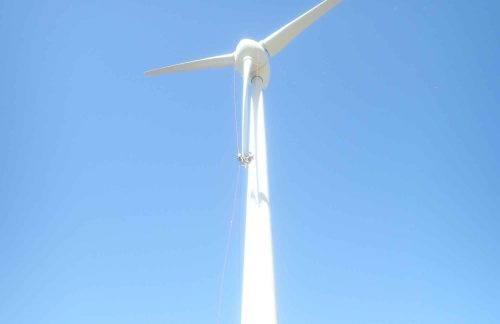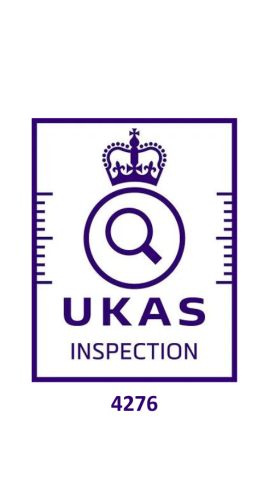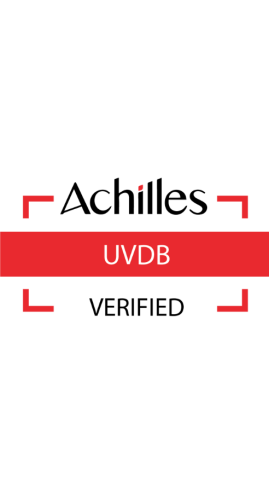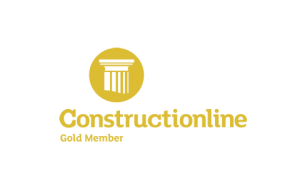Hydro testing of pipes, pipelines and vessels is performed within our specially designed and constructed Hydro Bays, to expose defective materials that may have missed prior detection, to ensure that any remaining defects are insignificant enough to allow operation at design pressures, to expose possible leaks and to serve as a final validation of the integrity of the constructed system. ASME B31.3 requires this testing to ensure tightness and strength.
Buried high pressure oil and gas pipelines are tested for strength by pressurising them to at least 125% of their maximum allowable operating pressure (MAOP) at any point along their length.
Hydrostatic tests are conducted under the constraints of either the industry’s or the customer’s specifications or may be required by law.
Applications:
Pipeline Testing
As mentioned above, hydrostatic pressure testing within pipes and pipeline systems is crucial to many operations and projects.
Such tests ensure that – by using a specified test pressure – a pipe system is able to withstand the pressure from the other procedures being performed in the project. This provides peace of mind when it comes to the structural integrity and overall safety of various pipeline projects.
Pressure Vessel Testing
Just like with pipes, pressure vessels need to undergo a hydrostatic test to ensure they can hold their durability under various pressure levels.
Boilers, gas cylinders and fuel tanks are all examples of these pressure vessels – these pieces of equipment are used in various businesses and factories across a wide range of industries.
Benefits:
Testing that’s safer for workers
If the proper testing is not performed, there can be significant risk to not only neighbouring equipment, but to the operators of said equipment. Worker safety should be a top priority in any and all work environments – and reducing risks goes a long way to improving this safety.
Hydrostatic testing of pipe systems and small pressure vessels ensures that the equipment will be able to withstand the required pressure – allowing workers to operate said equipment without risk of failure.
A more preventative method that reduces time and costs
Hydrostatic testing is a reliable method for detecting even the smallest leaks that may not be visible during a visual inspection or other testing methods. By detecting potential weak spots or faults early, hydrostatic testing helps prevent catastrophic failures, reducing downtime, and maintenance costs.
On top of this, by ensuring the equipment is in optimal condition, hydrostatic testing can help to extend its operational lifespan. With a longer lifespan, maintenance and replacement costs will also be reduced.

